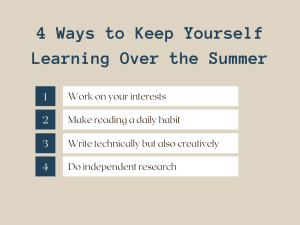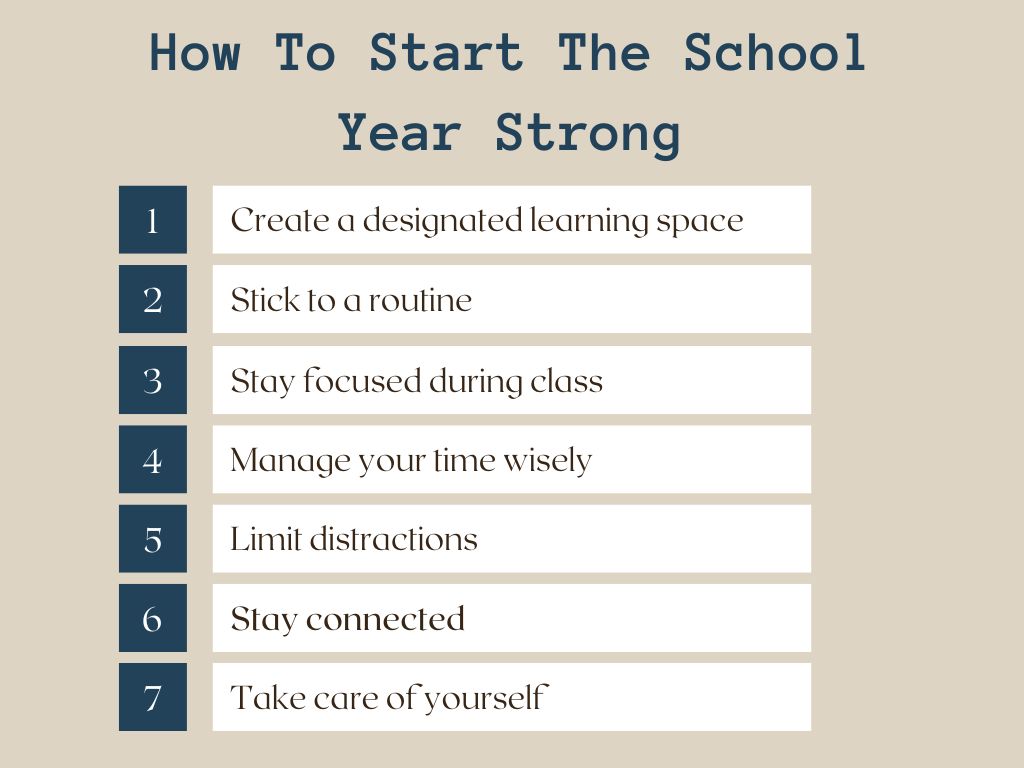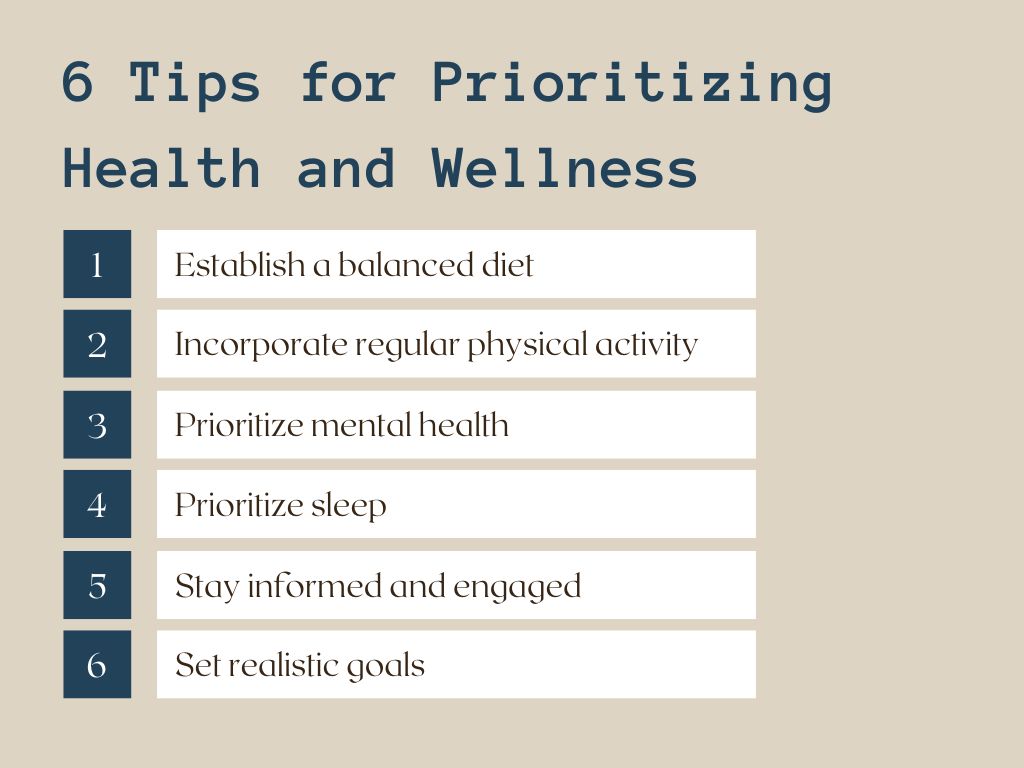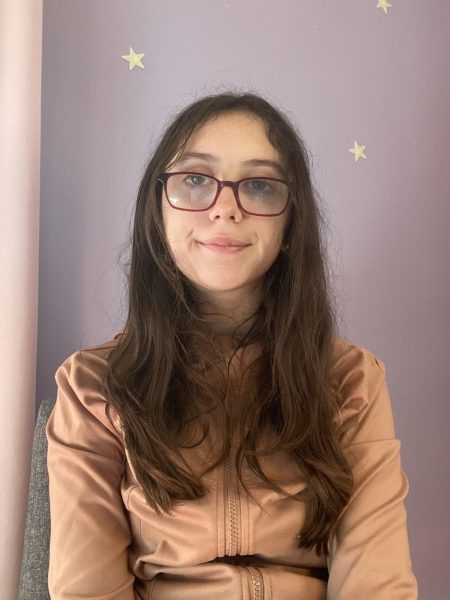When summertime comes, students look for time away from their normal routines to take a well-deserved break from school. But for all of the curious people out there, summers can be an ideal time to expand knowledge, promote creativity, and work the mind while no longer under the pressure of a deadline or grade. No matter if you are a student moving on to your next stage, a worker moving into a new phase of work, or a committed lifelong learner,
Work on your interests:
The first step to self-education is to find something that you are really interested or passionate about. The great thing about summer is that you can finally let yourself explore what you have always been curious about with no guidelines. Whether that’s astronomy, Greek mythology, or environmental justice, learning is always easier and more rewarding when it’s something you want to learn about.
Tip: Keep a list of things you would like to learn about and promise yourself to research one topic a week. Use sites like Coursera, Skillshare, or YouTube to find courses and lectures based on things that interest you.
Make reading a daily habit:
Reading is one of the easiest, most impactful ways of staying educated. Fiction can develop empathy and creative thinking, while nonfiction tends to hone analytical and critical thought skills.
If you were interested in reading fiction you can start by picking some novels based in different cultures or historical time periods, etc. For nonfiction you could Read biographies, science books, or essays on current events. For articles, subscribe to newsletters, such as The Conversation, The Atlantic, or Scientific American for short, digestible, and high-quality content.
Write technically but also creatively:
Writing is an under-appreciated education tool. In addition to reinforcing your memory of facts and ideas, writing also assists in processing information, and developing your voice. Summer is a good time to journal, blog or even write poems, short stories or personal essays.
Do independent research:
Research is not limited to completing a school project! It can be a powerful tool that helps develop critical thinking skills as well as curiosity, you could Pick a question you have always wondered about like “What is the cause of déjà vu?” or perhaps “In what ways did the Renaissance change art and science?” and research the heck out of it.
Research and compile information from reputable sources like Google Scholar, JSTOR or university library databases. Make notes, make connections and potentially turn your writing into a blog post or a zine.
Learning in the summer does not have to feel like school. The ideas above can help keep your brain exercised and engaged while potentially pursuing your interests, reading broadly, creatively writing, and researching on your own! Education does not only happen in classrooms; it is a lifelong process. Summer allows you to choose what you want to do with your learning journey!





